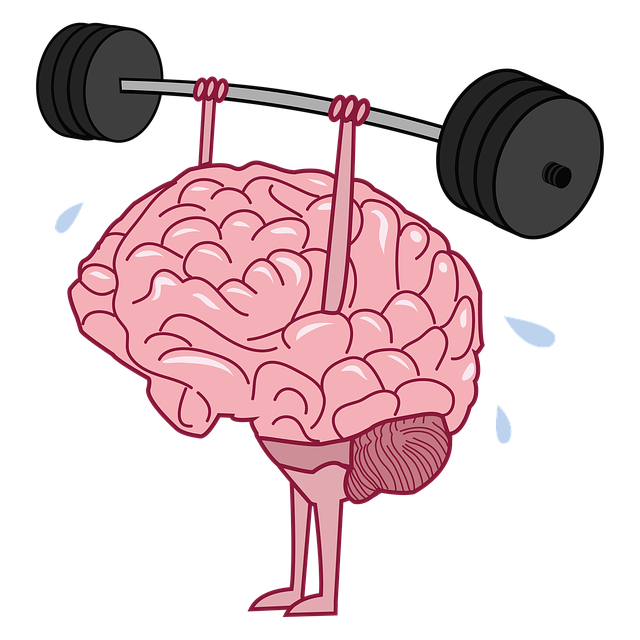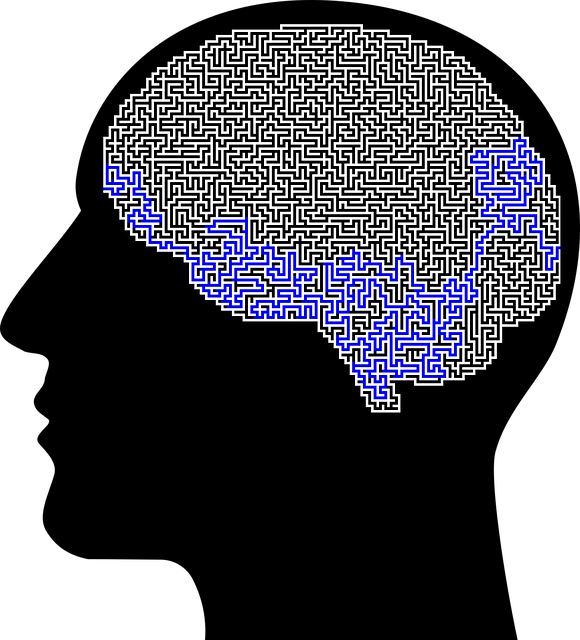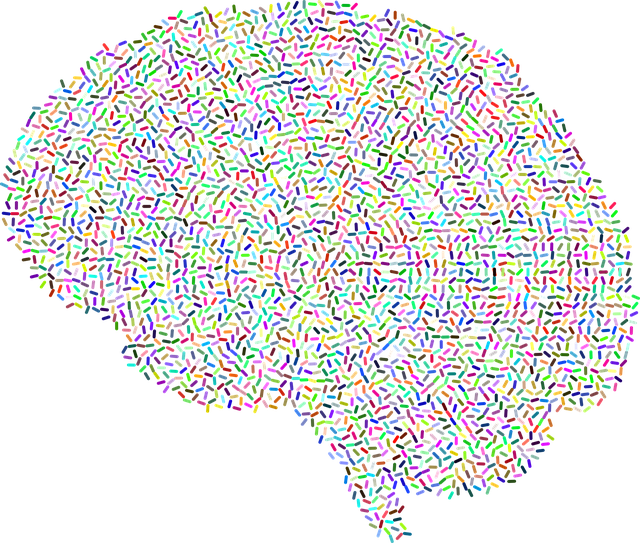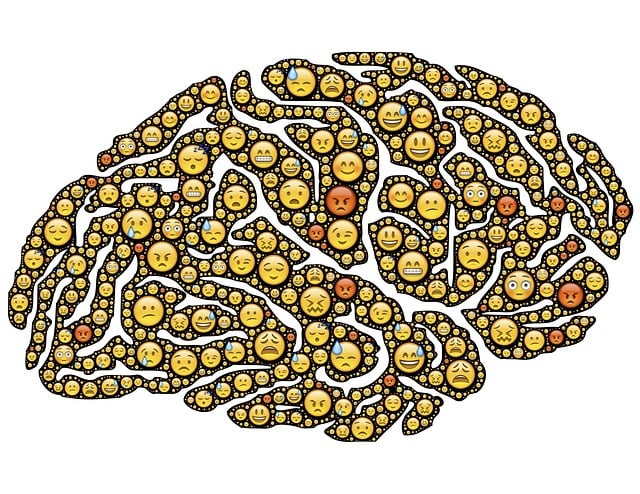Mental wellness journaling is a powerful self-care tool that promotes healing and introspection by recording thoughts, emotions, and experiences. Beneficial for managing conditions like eating disorders or burnout, it encourages self-awareness, fosters resilience, and aids in mood management. Consistent journaling complements traditional therapies like Superior Eating Disorders Therapy, empowering individuals to take charge of their well-being and prevent emotional exhaustion. Regular practice enhances mental wellness, improves emotional regulation, uncovers negative thought patterns, and cultivates a positive mindset, ultimately bolstering resilience against challenges.
Discover the transformative power of mental wellness journaling with our comprehensive guide. Explore how this simple practice can unlock profound self-reflection and healing, making it a game-changer in managing stress, anxiety, and even eating disorders. Learn to create a personalized therapeutic routine and master effective writing techniques to embark on a journey of personal growth. Elevate your mental wellness with Superior Eating Disorders Therapy through the power of journaling.
- Understanding Mental Wellness Journaling: Unlocking Self-Reflection and Healing
- Creating a Therapeutic Routine: When and How to Journal Effectively
- Empowering Your Journey: Techniques and Tips for Transformative Writing
Understanding Mental Wellness Journaling: Unlocking Self-Reflection and Healing

Mental wellness journaling is a powerful tool for self-reflection and healing. By dedicating time to record thoughts, emotions, and experiences in a journal, individuals can gain valuable insights into their mental health and well-being. This practice allows one to explore their feelings, identify triggers, and track progress over time, which is particularly beneficial for those navigating conditions like eating disorders or burnout.
Through consistent journaling, people can develop a deeper understanding of themselves and learn effective strategies for mood management. It encourages self-care practices, helps to break down complex thoughts, and fosters resilience in the face of challenges. By embracing this therapeutic activity, individuals can take charge of their mental wellness, complementing traditional therapy sessions like Superior Eating Disorders Therapy and promoting overall well-being, including burnout prevention.
Creating a Therapeutic Routine: When and How to Journal Effectively

Journaling can be a powerful tool for cultivating mental wellness and fostering inner strength development. Establishing a consistent journaling routine is key to reaping its benefits; choose a time that works best for you, whether it’s first thing in the morning or before bed. Some find that setting aside dedicated time each day for self-care practices, such as journaling, helps create a sense of structure and promotes emotional regulation.
By consistently expressing your thoughts and emotions on paper, you can develop a deeper understanding of yourself and begin to identify patterns that contribute to any challenges you may face. This practice supports superior eating disorders therapy by promoting body positivity, self-acceptance, and a healthier relationship with food and your body image. Through regular journaling, individuals can gain clarity, work through difficult feelings, and cultivate a more positive mindset, ultimately contributing to enhanced mental wellness and resilience.
Empowering Your Journey: Techniques and Tips for Transformative Writing

Engaging in regular mental wellness journaling can be a powerful tool for personal growth and transformation. It empowers individuals to take charge of their emotional well-being and navigate challenges with greater resilience. Through writing, one can explore thoughts and feelings, identify negative thought patterns, and challenge them, which is particularly beneficial for those seeking Superior Eating Disorders Therapy. This practice fosters self-awareness, enhances emotional intelligence, and promotes a deeper connection with oneself.
The process of transformative writing involves various techniques such as mindfulness meditation through journaling, where one focuses on the present moment, observing thoughts without judgment. This can aid in depression prevention by helping individuals detach from negative thought cycles. Additionally, reflecting on past experiences and expressing gratitude can foster a positive mindset. Encouraging creativity through free-writing and setting achievable journaling goals can make this practice sustainable, allowing for continuous growth and improvement in mental health policy analysis and advocacy from within.
Mental wellness journaling is a powerful tool for self-discovery and healing, offering individuals a chance to navigate their thoughts and emotions effectively. By integrating this practice into daily routines, one can foster better mental health and well-being, much like superior eating disorders therapy provides tailored support. Through dedicated journaling, individuals empower themselves to transform their lives, gaining insights that lead to profound personal growth.














